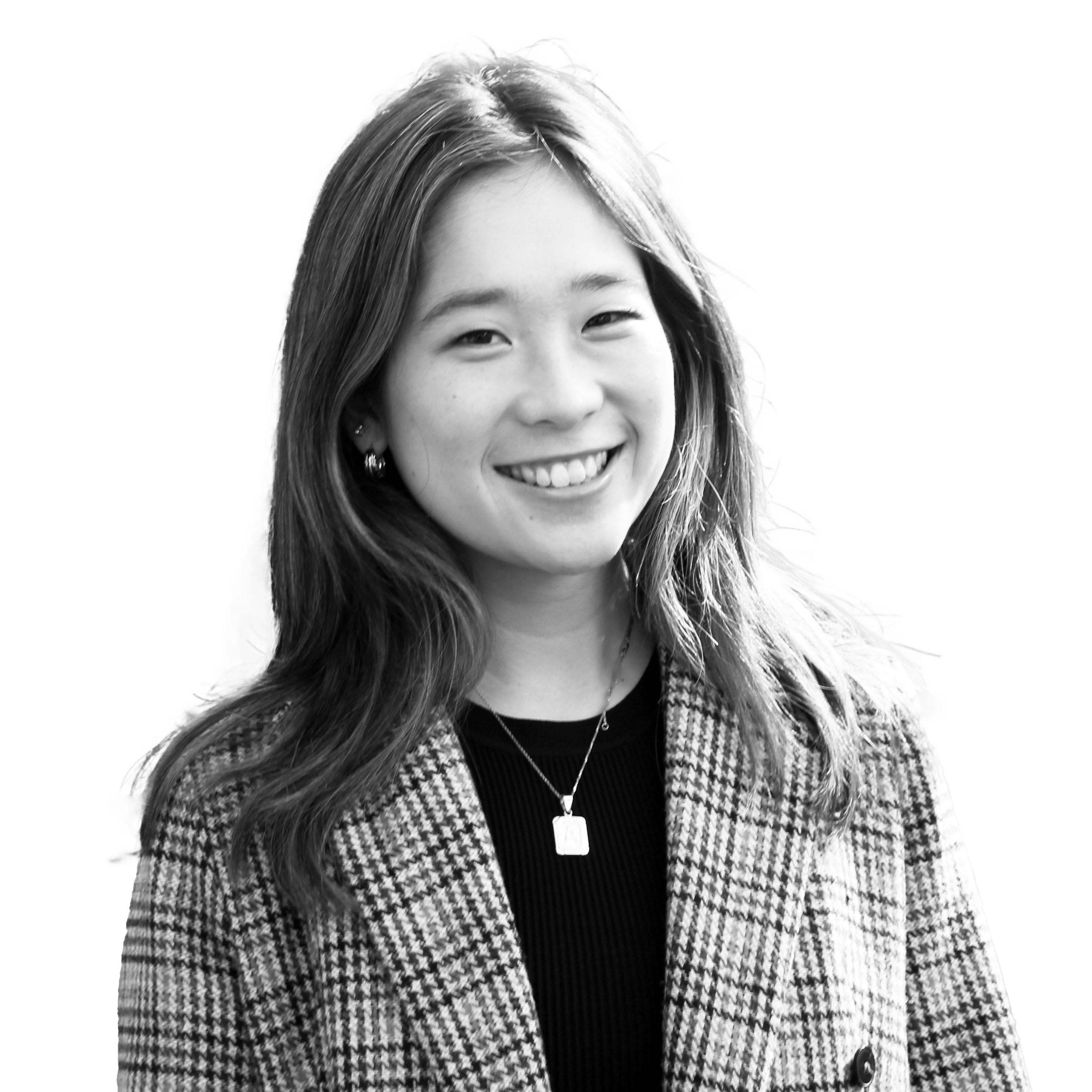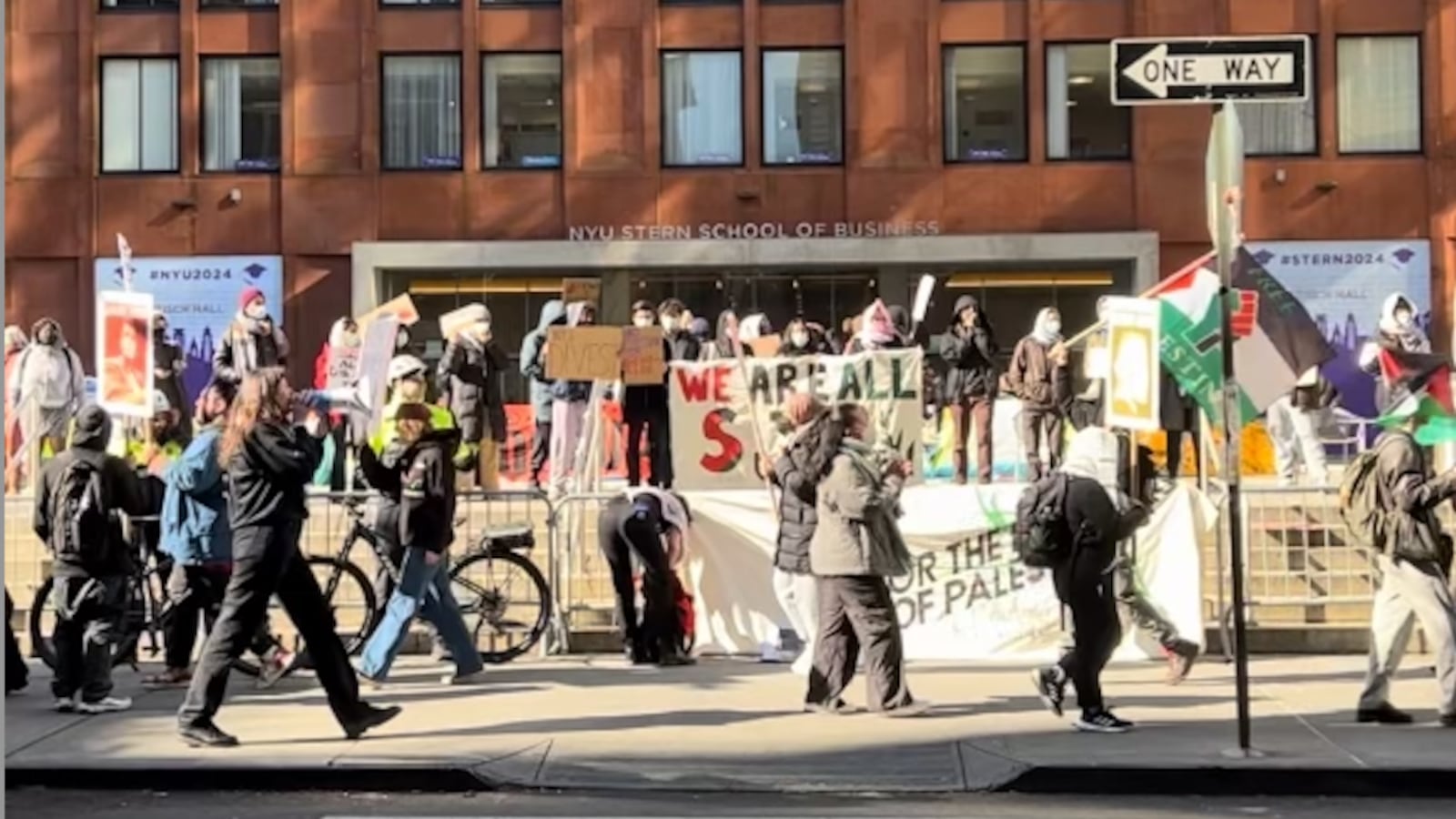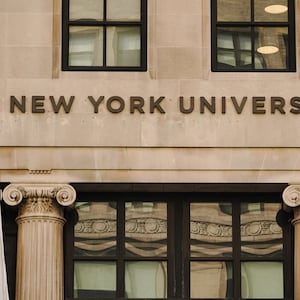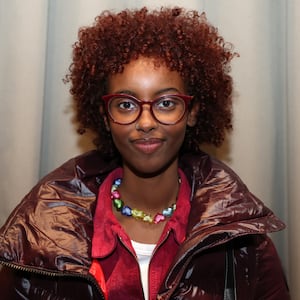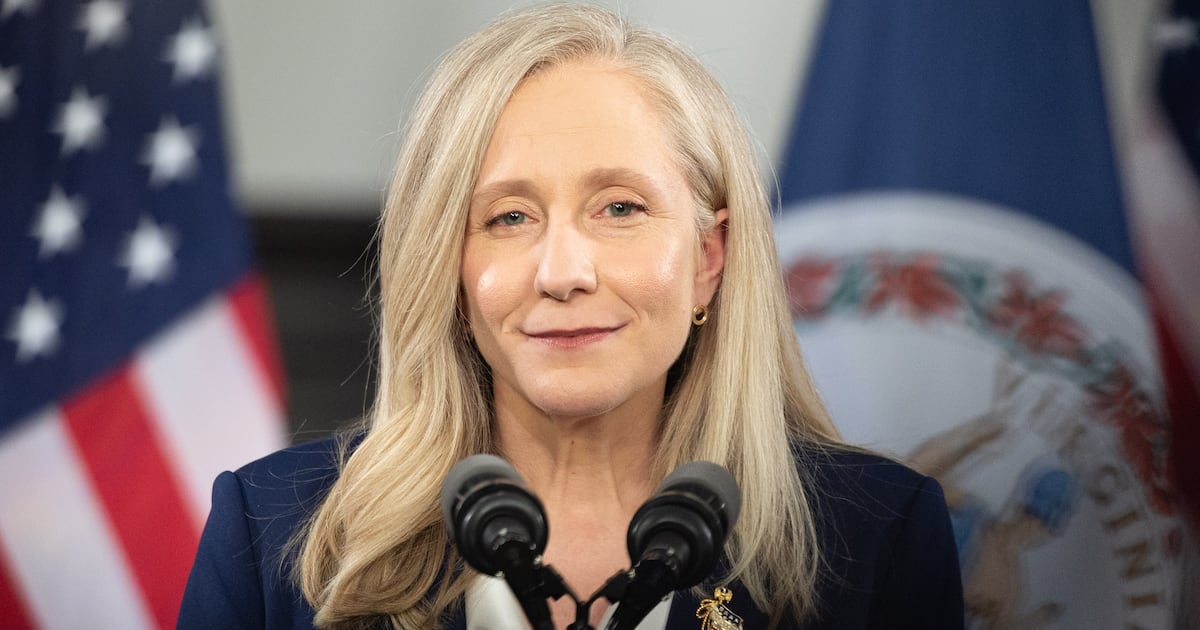New York University faculty members joined the pro-Palestine protest on campus Monday afternoon, just after the university ordered protesters to disperse.
Video from the scene showed faculty members forming a wall around student protesters as they defied the 4 p.m. order to leave.
Earlier, NYU students had joined a rapidly expanding pro-Palestine protest movement on Monday morning, pitching tents, waving flags, and raising megaphones as they launched their “Gaza Solidarity Encampment” to protest U.S. aid to Israel.
“As of 6 am this morning, NYU students have occupied the Gould Plaza, launching our chapter of the Gaza Solidarity Encampment,” an Instagram post by NYU’s Palestine Solidarity Coalition announced.
“Standing in solidarity with Palestinians facing 75+ years of occupation and 198 days of the ongoing genocide, we at NYU refuse to remain complicit.”
The establishment of NYU’s encampment came just days after their peers uptown at Columbia University engaged in their own protest, which led to the arrests of more than 100 students on Thursday. In their statement, NYU’s encampment organizers said their setup was directly “heeding the call from our comrades at Columbia.”
Protest demands included NYU’s divestment from weapons manufacturers and an end to the school’s relationship with Tel Aviv University, including the shutdown of NYU’s Tel Aviv campus.
Video from the scene showed a small crowd of people marching in front of the Stern Business School building, holding Palestinian flags and wearing keffiyehs, a traditional Arab scarf that has become a symbol of Palestine.
“We are done with saying please! Shut down NYU Tel Aviv!” they chanted.
Hours earlier in New Haven, police officers arrested students from a similar encampment on Yale University’s campus.
Yale students who had been occupying the Ivy League school’s Beinecke Plaza for a week awoke around 6:40 a.m. Monday morning to arrests by the Yale Police Department. A statement released Monday by protest organizer Occupy Beinecke said that at least 49 students of the more than 400 who attended were arrested and charged with criminal trespassing.
“Only one arrest warning was given to protesters, despite prior communication from police indicating that they would give three warnings,” the statement reads. “Later, summons stated that arrestees would be charged with criminal trespassing in the first degree, a Class A misdemeanor, contrary to all prior communication from administration about potential consequences.”
It was unclear what guidance had been handed to protesters before charges were issued. The Daily Beast’s calls to Yale’s media relations department and messages to protest organizers were not immediately returned.
A day earlier, at least one injury was reported when a Jewish student journalist, Sahar Tartak, was hit in the eye by the end of a protester’s flagpole while she was trying to cover the event. The injury landed her in the hospital overnight. Writing about the assault for the Free Press, Tartak said she was targeted because she is “identifiably Jewish.”
In Ann Arbor, University of Michigan students also erected their own Gaza protest encampment, also to demand university divestment from arms manufacturers. Students set up tents in the large central campus space known as the Diag and declared a “Liberated Zone” for protesters. Photo and video from the scene showed a relatively calm environment in the early hours of the protest on Monday morning.
Students from Boston-area colleges also joined in on the action. Tents went up on the campuses of MIT and Tufts in separate “Gaza solidarity encampments,” and at Emerson College, students camping out blocked an alleyway at Boylston Place.
In California, students at UC Berkeley launched their own encampment Monday afternoon. They plan to hold it until the university divests from entities that “enable and profit from Israeli apartheid, occupation, and genocide,” according to an Instagram post by the Berkeley Graduate Students for Justice in Palestine.
Pro-Palestinian protests have roiled college campuses for the last week, intensifying already heated debates over free speech and hate speech at universities. Some Jewish students at Columbia’s protest reported antisemitic attacks by pro-Palestinian activists, leading the university to shift to remote classes over safety concerns.
Columbia has also come under fire from pro-Palestinian and free speech activists, who accuse the school of stifling their voices. Across the country, the University of Southern California faced similar backlash when it canceled the valedictorian speech of a Muslim student, Asna Tabassum, after a pro-Israel campus group opposed her planned remarks because of past anti-Israel statements she had made.
In that decision, too, the school said it canceled her speech over safety risks.
